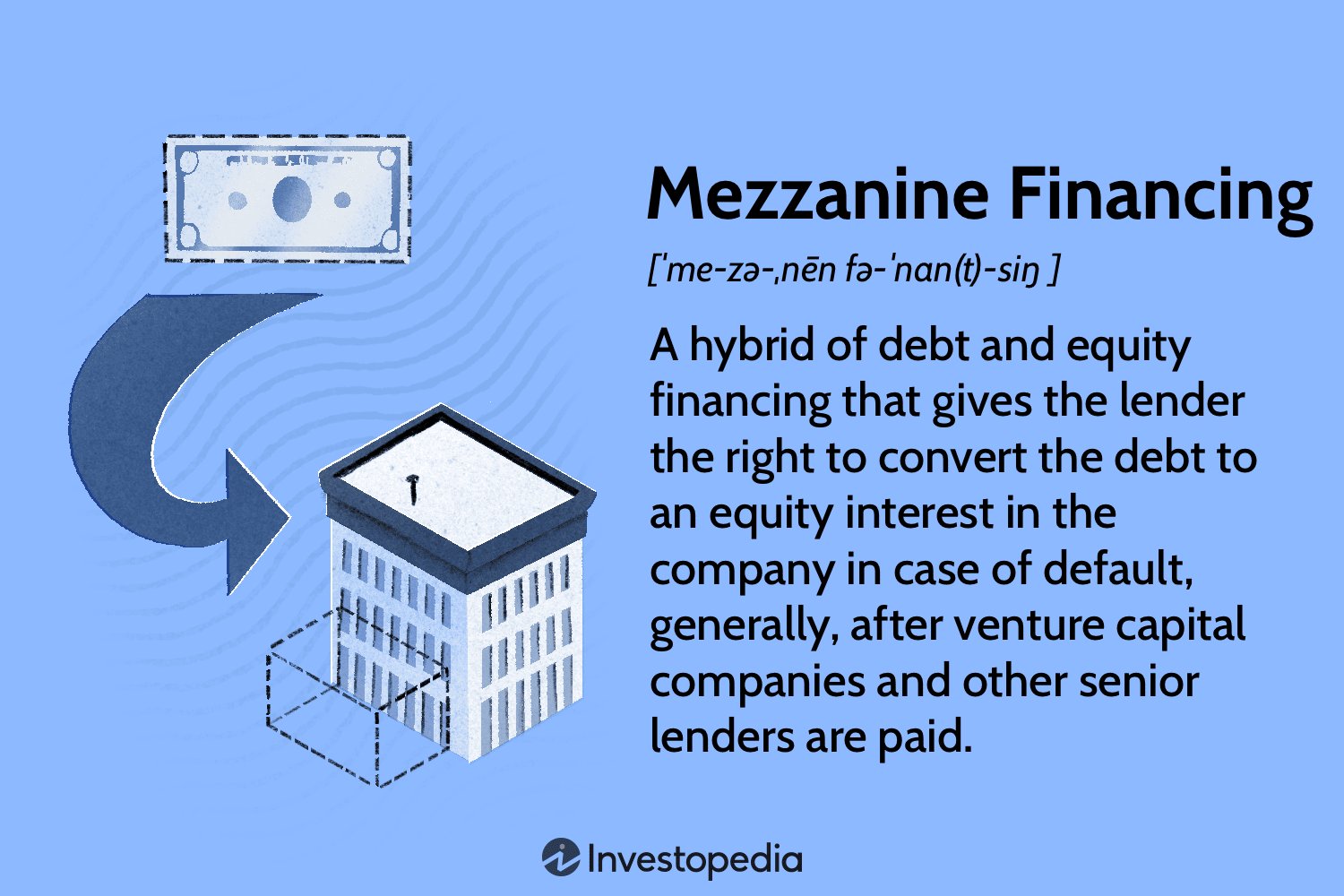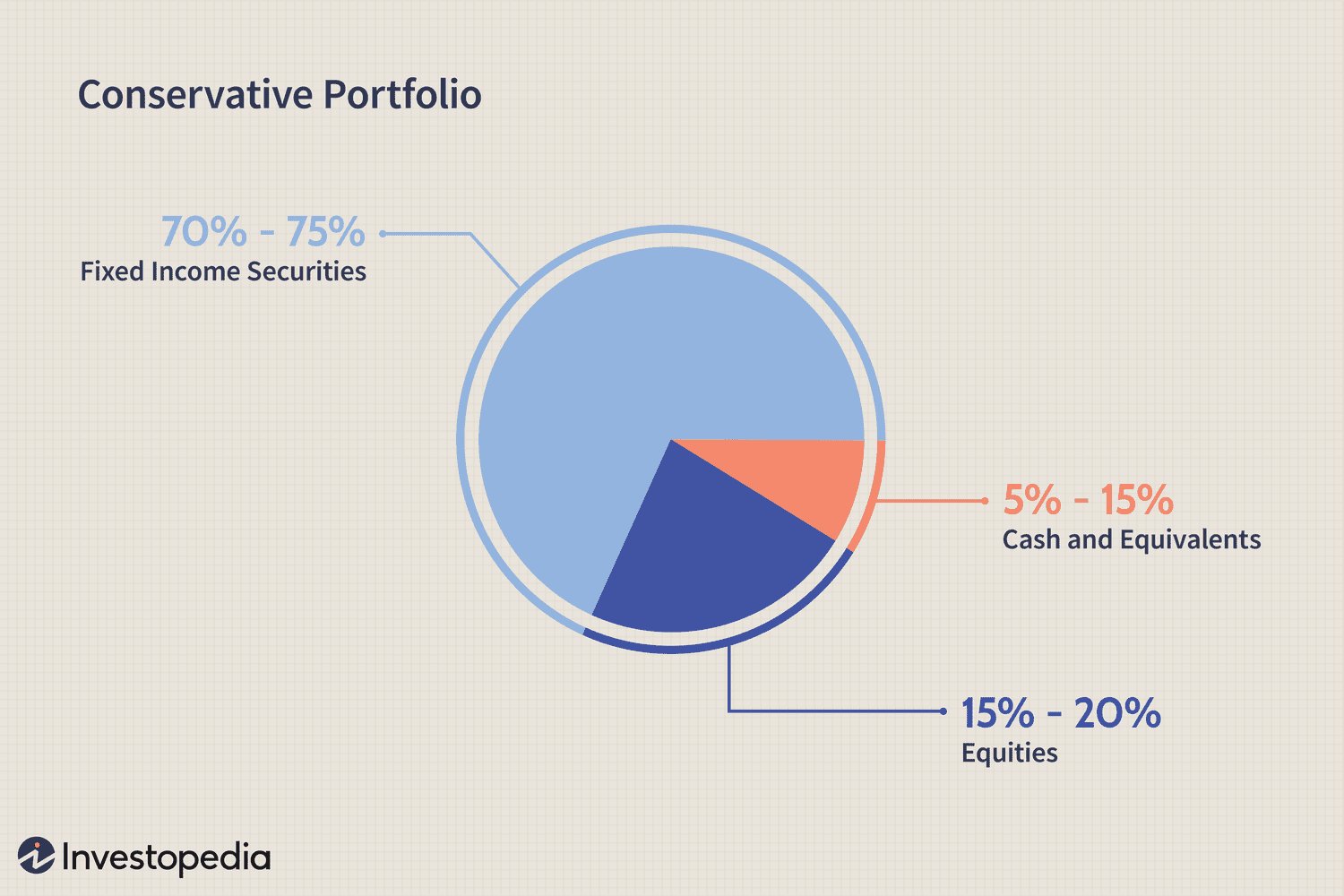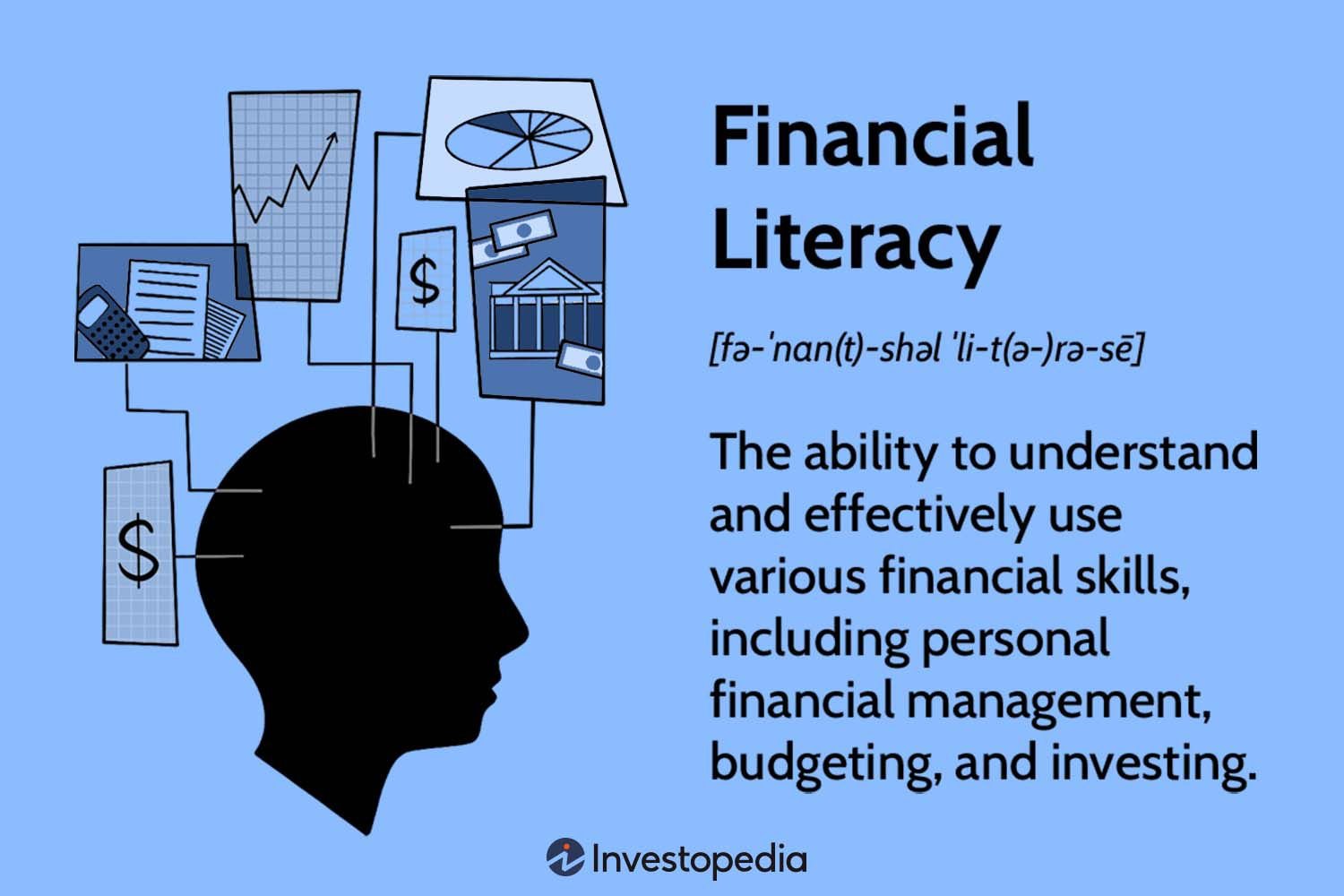Are you struggling to find the perfect financial advisor for your needs? Look no further! Choosing the right financial advisor can be a daunting task, but fear not. In this article, we will provide you with valuable tips for selecting the ideal financial advisor who will help you navigate the complex world of finance with confidence. From qualifications to communication styles, we will cover all the essential factors to consider before making your decision. So, let’s dive right in and find you the best financial advisor to guide you towards a secure financial future.
Tips for Choosing the Right Financial Advisor
Introduction
Managing your finances can be a complex and overwhelming task. Whether you’re planning for retirement, saving for your child’s education, or simply looking for ways to grow your wealth, seeking the guidance of a financial advisor can provide valuable insights and expertise. However, with countless options available, choosing the right financial advisor for your needs can be a daunting process. In this article, we will explore essential tips to help you make an informed decision and find a financial advisor who aligns with your goals and priorities.
Understanding Your Financial Needs and Goals
Before embarking on the search for a financial advisor, it’s crucial to have a clear understanding of your financial needs and goals. Take some time to reflect on what you want to achieve in the short term and long term. Consider your investment objectives, risk tolerance, and any specific financial concerns you may have. Ask yourself questions such as:
- Are you looking for assistance with retirement planning?
- Do you need help managing your investments?
- Are you interested in estate planning or tax optimization strategies?
By defining your financial needs and goals, you can narrow down your search and find a financial advisor who specializes in the areas that are most relevant to you.
Evaluating Credentials and Qualifications
One of the most critical factors to consider when choosing a financial advisor is their credentials and qualifications. Look for professionals who have obtained recognized certifications such as:
- Certified Financial Planner (CFP)
- Chartered Financial Analyst (CFA)
- Chartered Financial Consultant (ChFC)
These certifications indicate that the advisor has undergone rigorous training and adheres to high ethical standards. Additionally, consider the advisor’s educational background, years of experience, and any relevant industry affiliations. Take the time to verify their credentials and ensure they have a clean disciplinary record.
Consider a Fiduciary Advisor
When entrusting someone with your financial future, it’s crucial to choose an advisor who is legally bound to act in your best interest. Opting for a fiduciary advisor provides you with an extra layer of protection. Unlike advisors who operate under the suitability standard, fiduciary advisors are legally required to prioritize their client’s needs over their own. This ensures that the advice and recommendations they provide are genuinely in your best interest rather than driven by potential commissions or fees.
Assessing Communication Style and Compatibility
Establishing effective communication with your financial advisor is essential for a productive and successful relationship. During your initial meetings or consultations, pay attention to the advisor’s communication style and consider whether it aligns with your preferences. Some key aspects to evaluate include:
- Active listening skills to ensure the advisor understands your needs
- Clear and concise explanations of complex financial concepts
- Availability and responsiveness to your inquiries
- Compatibility in terms of personal values and expectations
Remember, you will be working closely with your financial advisor over an extended period, so finding someone with whom you have good chemistry and feel comfortable discussing your finances is paramount.
Assessing Fee Structures
Financial advisors work on various fee structures, and it’s vital to understand how they charge for their services. Common fee structures include:
- Commission-based: Advisors earn commissions on the products they sell
- Fee-only: Advisors charge a flat fee or a percentage of assets under management
- Hourly rates: Advisors charge for their time spent on financial planning
Ensure you have a clear understanding of the fee structure and associated costs before committing to a financial advisor. Avoid advisors who seem hesitant or evasive when discussing fees. Transparency in fee structures is crucial to maintaining a healthy client-advisor relationship.
Seeking Recommendations and Conducting Research
Word-of-mouth recommendations can be invaluable when searching for a trustworthy financial advisor. Talk to friends, family members, or colleagues who have had positive experiences with their own advisors. However, don’t solely rely on recommendations. It’s essential to conduct your own research to ensure the advisor’s expertise and approach align with your needs.
Utilize online resources to explore advisor profiles, read client reviews, and check for any disciplinary actions or complaints. Industry watchdogs such as the Securities and Exchange Commission (SEC) and the Financial Industry Regulatory Authority (FINRA) provide useful tools to verify an advisor’s background and qualifications.
Interview Multiple Advisors
Don’t be afraid to interview multiple advisors before making your final decision. Prepare a list of questions that address your specific concerns and preferences. Some questions you may consider asking include:
- How do you typically work with clients?
- What is your investment philosophy?
- How do you customize your approach based on a client’s needs and goals?
- What services do you provide beyond investment management?
By interviewing multiple advisors, you can compare their responses, evaluate their expertise, and determine who best aligns with your financial needs and objectives.
Trust Your Gut
While it’s essential to consider the technical aspects of choosing a financial advisor, trusting your instincts is equally important. If something feels off or you don’t feel a connection with a particular advisor, it may be best to continue your search. Financial decisions require trust and confidence, so it’s crucial to choose an advisor who instills those feelings in you.
Choosing the right financial advisor is a critical step towards achieving your financial goals. By understanding your needs, evaluating credentials, considering communication style, assessing fee structures, seeking recommendations, conducting research, interviewing multiple advisors, and trusting your gut, you increase the likelihood of finding the perfect advisor who will guide you on your financial journey. Remember, this decision is not one to be taken lightly, so take the time to thoroughly research and evaluate your options to ensure a successful and fruitful partnership with your chosen financial advisor.
How to Pick the RIGHT Financial Advisor | 12 Questions
Frequently Asked Questions
Frequently Asked Questions (FAQs)
What should I consider when choosing a financial advisor?
When choosing a financial advisor, it’s important to consider their credentials, experience, and expertise. Look for advisors who are certified and licensed, with a proven track record in the industry. Additionally, consider their area of specialization and whether it aligns with your financial goals and needs.
How can I verify a financial advisor’s credentials?
To verify a financial advisor’s credentials, you can check if they are registered with reputable regulatory bodies such as the Securities and Exchange Commission (SEC) or the Financial Industry Regulatory Authority (FINRA). These organizations provide online databases where you can search and verify an advisor’s licenses and certifications.
What questions should I ask when interviewing potential financial advisors?
When interviewing potential financial advisors, consider asking about their experience, investment philosophy, fees and charges, and how they communicate and stay connected with their clients. It’s important to ask for specific examples and clarification on any unclear terms or concepts they mention during the interview.
Are there different types of financial advisors?
Yes, there are different types of financial advisors. Some common types include certified financial planners (CFPs), registered investment advisors (RIAs), and stockbrokers. Each type has its own set of qualifications and responsibilities, so it’s important to understand their differences and choose one that best suits your needs.
What is the typical fee structure for financial advisors?
The fee structure for financial advisors can vary. Some advisors charge a percentage of the assets they manage, while others charge an hourly or fixed fee. It’s important to understand how the advisor’s fee structure works and how it aligns with your budget and financial goals.
Should I consider a fee-only or fee-based financial advisor?
Choosing between a fee-only or fee-based financial advisor depends on your preferences and financial situation. Fee-only advisors only earn money from fees paid by clients, while fee-based advisors may also earn commissions from product sales. Consider which compensation structure aligns with your best interests and ensures the advisor’s recommendations are unbiased.
What red flags should I watch out for when selecting a financial advisor?
When selecting a financial advisor, watch out for red flags such as high-pressure sales tactics, promises of guaranteed returns, lack of transparency about fees, frequent turnover in staff, and disciplinary actions or complaints filed against the advisor. These signs may indicate potential issues with the advisor’s credibility and reliability.
Can I switch financial advisors if I’m not satisfied?
Yes, you have the right to switch financial advisors if you’re not satisfied with their services. However, before making a switch, consider discussing your concerns with your current advisor to see if any issues can be resolved. If you decide to switch, make sure to do thorough research and due diligence to find a better fit for your financial needs.
Final Thoughts
Choosing the right financial advisor is crucial for your financial well-being. Firstly, clarify your financial goals and what you expect from an advisor. Research and ask for recommendations from trusted sources, such as friends or family. Verify the advisor’s credentials and professional background, ensuring they have the necessary licenses and experience. Look for advisors who specialize in your specific financial needs or areas of interest. Schedule initial consultations with potential advisors to assess their communication style and compatibility with your personality. Finally, trust your instincts and choose an advisor who prioritizes your interests and provides transparent and trustworthy advice. Remember, selecting the right financial advisor can significantly impact your financial success and peace of mind.



